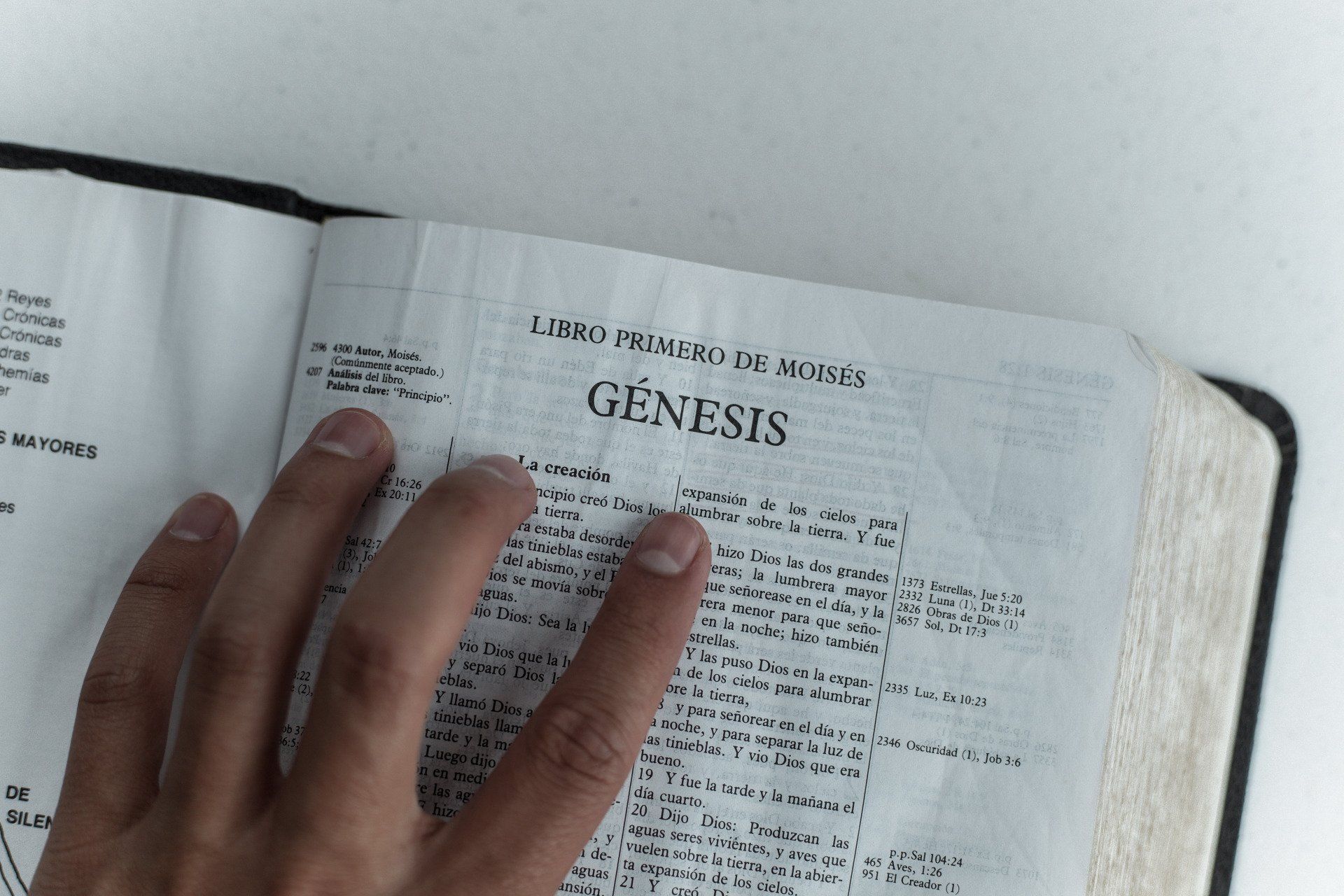Lent
What is Lent?
Lent: Latin for “fortieth” commemorates the 40 days Jesus Christ, Moses and Elijah spent fasting. It is observed in many, but not all Christian denominations. This forty-day period of grief begins on Ash Wednesday and ends with the celebration of the resurrection of Jesus on Resurrection Sunday (Easter). In 2025 the period of Len is March 5- April 19 of 2025.
Its’ purpose is to draw people closer to God through self-examination, repentance, almsgiving, and self-denial.
Some of the practices originate in Judaism which has a similar period of reflection in the autumn of the year. The Feast of Trumpets or Rosh Hashanah is a wake up followed by a ten-day period of self-examination and repentance to get right with God. This is followed by the Day of Atonement or Yom Kippur when all their sins were forgiven, and their names are written in the Book of Life. In both traditions, one day is preparation for another.
A Jewish tradition is oftentimes performed where prayers are recited near natural flowing water, and one's sins are symbolically cast into the water. This is done by throwing bread or pebbles into the water, symbolizing the casting off of their sins.
Christian Customs Associated with Lent:
Three traditional practices, known as the three pillars of Lent are: prayer, fasting and almsgiving.
Many churches collect the previous year's Holy Week palm branches that were distributed during the Palm Sunday liturgies; on Tuesday, churches burn these palms to make the ashes used during the services held on the very next day, Ash Wednesday. In Western traditions, the liturgical color of the season of Lent is purple.
The making of a Lenten sacrifice, in which Christians give up a personal pleasure for the duration of 40 days might include various forms of fasting (food, sex, alcohol, etc.). What if it was required for us to give up the internet or our smart phones for Lent?
Significant Lenten days include:
The Tuesday before Ash Wednesday is known as Fat Tuesday/Mardi Gras, Shrove Tuesday or “the bender before the benediction.” It was a time of feasting derived from the need to get rid of the food and other restricted items (liquor) during the Lenten fast.
The sixth Sunday in Lent, commonly called Palm Sunday, marks the beginning of Holy Week, the final week of Lent immediately preceding resurrection Sunday.
Wednesday of Holy Week, (also sometimes known as Spy Wednesday) commemorates Judas Iscariot's bargain to betray Jesus.
Thursday of Holy Week is known as Maundy Thursday and is a day Christians commemorate the Last Supper shared by Christ with his disciples.
The next day is Good Friday, which reminds us of Jesus' crucifixion, death, and burial.
The season of Lent ends with Resurrection Sunday, commemorating the resurrection of Jesus when some churches hold sunrise worship services.
If a Christian wishes to observe Lent, he is free to do so. There is no Biblical command to observe any of these traditional practices. Reflection and repentance should be an ongoing process of Christian maturation rather than a seasonal activity.
Recent Articles
Share this:
Start Here...
Why Study the Bible?
Don’t many consider the Bible to be just a book of myths? Why do we read the Bible rather than the sacred literature of other religions?
How do we know that it is from God? How do we know that what we have today is an accurate translation from the original? Is the Bible complete or have there been some books that have been lost?
We should be able to answer these questions, and there are answers! So start here!
Answers to Common Bible Questions



Questions?
Send us your questions or comments. We respond to every message.
About us
Encouraging Everyone to Study the Word of God and do the Work of God.
Useful Links
Contact info
Join our family
Contact Us
We will get back to you as soon as possible
Please try again later
The Berean Bible Ministry
This web site is dedicated to the study of the Bible, with no advertising and no popups. It is supported by our Bible study group.





